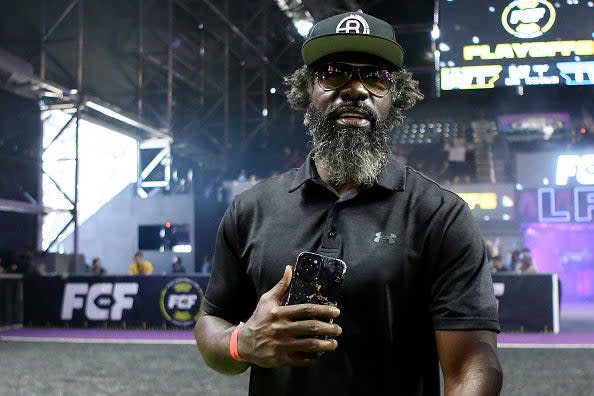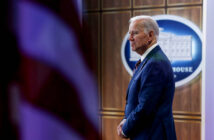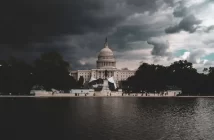You are here: Home / BM / There are bigger issues for HBCUs than Former NFL player Ed Reed’s words.
Like
Like
Love
Haha
Wow
Sad
Angry
1
(ThyBlackMan.com) One of the biggest names in college football the past two seasons has been Deion Sanders. The Pro Football Hall of Famer brought a lot of attention and football success to storied HBCU, Jackson State University, as their head football coach. Although Sanders’s departure from Jackson State to become head coach at Colorado also drew varied reactions, it looked like another former NFL great who played in the secondary would lend his leadership and charisma to another HBCU in 2023 when Bethune-Cookman agreed in principle to make Ed Reed its next head football coach. However, those plans quickly changed when Reed, who was hired by Bethune-Cookman in December 2022 but hadn’t signed his contract, also posted a clip of himself riding on a golf cart as he tore into the conditions around campus in an obscenity-laced social media video that went viral. Unsurprisingly, Bethune-Cookman decided not to ratify Reed’s contract, despite his public apology, and he didn’t become the head football coach there.
Ed Reed’s vulgar rant about the resources of the Bethune-Cookman program that surfaced on social media were regrettable but he also later said he agreed with comments made two years ago by Deion Sanders on the lack of resources at HBCUs. Reed and Sanders are alumni for two universities, the Miami Hurricanes and Florida State respectively, that were football powerhouses during their respective playing days and have vastly more financial resources even today than any HBCU football programs.
The campus conditions “issue” that Reed mentioned at Bethune-Cookman paled in comparison to the situation at famed Howard University in 2021, known as “Blackburn Takeover” in which as many as 150 students staged a sit-in at Howard’s Blackburn University Center for over a month to protest housing conditions, including mold on expired air filters despite on-campus housing costing thousands of dollars a year to students. There was eventually terms of agreement by University administration and students that are confidential but some demands were not granted.
Arguably the most famous HBCU alum, Dr. Martin Luther King, Jr. attended Morehouse College. In his autobiography, Dr. King said, “there was a free atmosphere at Morehouse, and it was there I had my first frank discussion on race.” Like so many college students of the past and the present, Dr. King became deeply interested in political and social issues in college. HBCUs can offer and serve that interest in different ways than PWIs, predominantly white institutions.
However, HBCUs should not be viewed as institutions of liberation for African/Black people. After all, former Trinidad and Tobago Prime Minister, Eric Williams, once said of his Howard University experience that “courses were still dominated by an articulated premise that civilization was the product of the white race of the Western World”. African/Black people will not receive the education in HBCUs or PWIs that they need to take down the global oppression of Africans. That is clear just looking at the current vice president of the U.S., Kamala Harris, who also is a Howard alum, but made a career out of jailing African/Black parents over truancy and other ways she used the law to harm colonized people. Clearly, Harris’s schooling or experience at Howard did not affect her adult career of ruining the lives of so many African/Black people. There is value for African/Black people to attend HBCUs but it cannot be viewed as a major force for African liberation.
Staff Writer; Mark Hines



